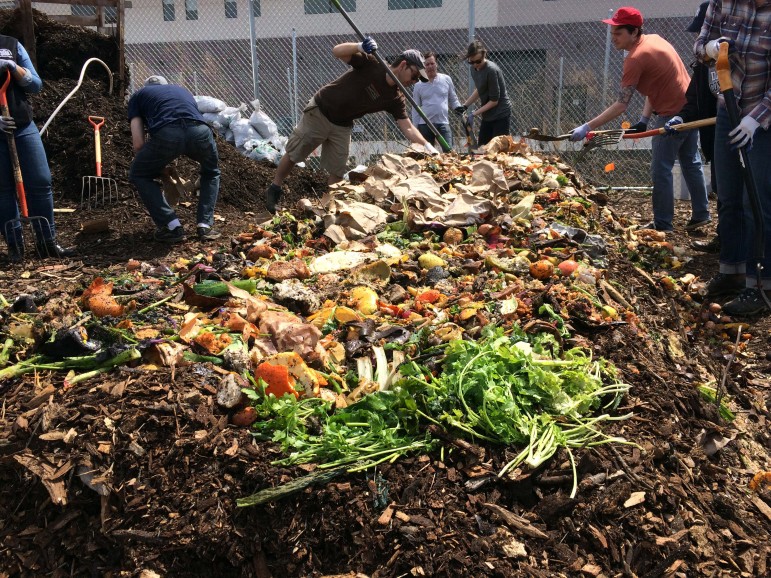For compost enthusiasts in New York City, the Independent Budget Office has some good and bad news. The good news: the City can save $33 million every year if organics collection were mandatory. When fiscal savings and sustainability goals align, cities can often implement changes that positively impact the environment and society. It’s a simple win-win. But, the bad news is: while long-term savings are likely, mandatory organics collection would increase costs by an estimated $39 million in total over the first three years. Is it worth the cost? Yes, but undeniably, there is a risk.
Residential compost collection programs in cities throughout the United States face similar dilemmas: they are quite expensive upfront until you reach a threshold past which you can take advantage of economies of scale, which would allow for a greater volume of food waste collected per truck shift, and thus reduce the total number of refuse trucks needed as organics are removed from the general waste stream. In addition to cutting collection costs, an increased volume of food scraps would help cities negotiate to lower the costs for organics processing, as other cities such as San Francisco have been able to do. This creates a tricky paradox for mayors and policymakers, as there is no simple way to prototype a city-wide collections program.
Even with the risks and limitations, many cities are moving forward with scaling up residential organics collection. Introduced in April by Council Member Shahana Hanif, the “Residential curbside organics collection” legislation would require New Yorkers to separate organic waste from other waste for curbside collection. In Washington DC, the Department of Public Works and the City Council’s Transportation and Environment committee support creating a pilot program in the District, proposing an allocation of $4.4 million to build a curbside composting pilot program for 10,000 households in the District.
There are currently over 150 municipalities that have implemented residential food waste collection programs. While each city is unique, GBB has years of experience helping communities plan for and implement food waste recycling programs. GBB is committed to sharing our knowledge and collaborating to identify best practices in measuring impacts, supporting food waste infrastructure, and financing the programs that will help us reap the tremendous benefits of diverting food waste from the waste stream.
If you are interested in starting a food waste recovery program in your city or town, don’t hesitate to contact us. GBB has the expertise and resources to offer a wide-range of composting and organics management services.






